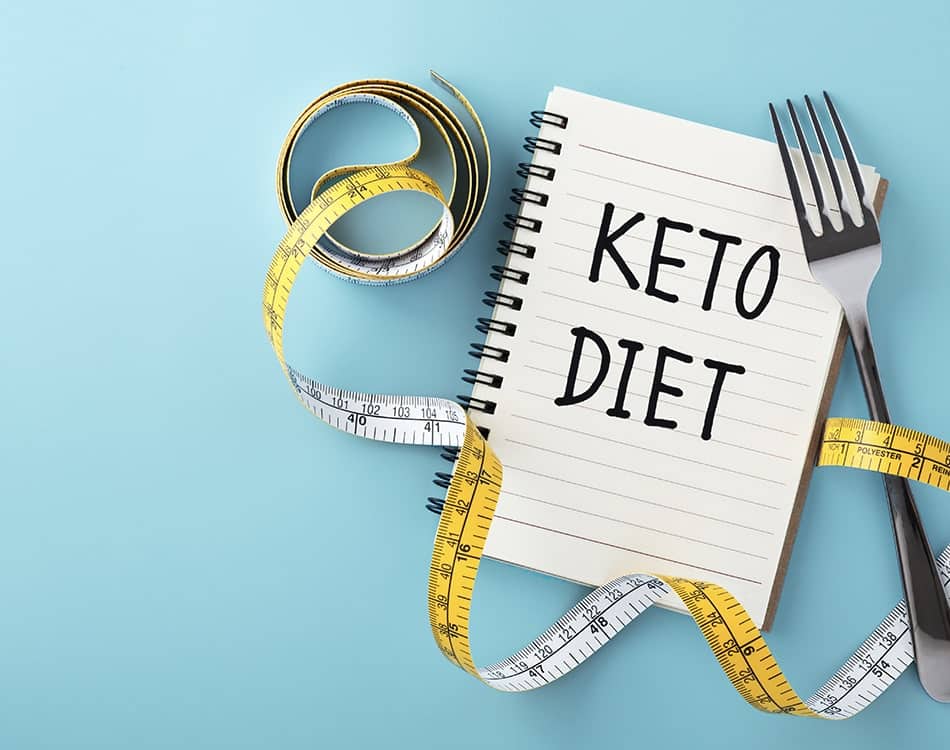Are you considering ‘going keto’? The ketogenic lifestyle has become a popular dietary approach among a growing number of health and physique-conscious individuals.
When used correctly, this dietary technique has the potential to reduce body fat and improve your health by prompting your body to utilise stored fat, rather than glycogen, for fuel.
READ MORE: The dos and don’ts of ketogenic dieting
 Keto defined
Keto defined
The ketogenic diet is a very low-carb, high-fat diet that includes moderate amounts of protein. The classic ketogenic diet contained a 4:1 ratio (by weight) of fat to combined protein and carbohydrate intake, comprising up to 90% fat, often with as little as 50g of carbs per day.
This diet excludes high-carbohydrate foods such as starchy fruits and vegetables, bread, pasta, grains and sugar, and promotes higher intakes of foods rich in medium-chain triglycerides – which are more ketogenic – and long-chain triglycerides.
The contemporary ketogenic diet aims to provide sufficient protein for growth, but insufficient carbs to meet the body’s metabolic needs.
READ MORE: Support your keto lifestyle with supplements
How ketosis works
On a basic level, the diet mimics aspects of starvation because by forcing the body to tap into fat-derived energy, rather than stored glycogen (produced from carbs and sugar) for fuel.
Due to the low carbohydrate intake prescribed by the diet, the body is forced into a state of ketosis, where is converts stored fat into free fatty acids and energy in the form of ketones or ketone bodies. These ketones replace glucose as the body’s primary energy source.
These ketone bodies circulate around the body and replace glycogen as the body’s primary energy source, fulfilling various vital functions that glucose had in the body.
Ketone levels in the blood will continue to rise until they reach a threshold, which is when the body enters a state of ketosis. Eating this way offers various potential health and performance benefits.
READ MORE: Try these keto-friendly recipes
The health hook
From a health perspective, the keto diet can help you lose weight by improving your insulin response and restoring insulin sensitivity due to the carb restriction. The net effect is often weight lose through a combination of enhanced fat metabolism and reduced fat storage.
Better insulin function could also help to alleviate certain metabolic conditions associated with obesity and lifestyle disease.
For instance, ketogenic diets have been linked to improved insulin sensitivity, decreases in resting blood glucose, lower triglycerides and increases in HDL levels, all of which can improve health, particularly for people diagnosed with type-2 diabetes.
Body benefits
In terms of body conditioning, the ketogenic diet has the potential to boost your metabolism, which promotes weight loss and fat loss, while sparing muscle.
This diet can also provide more sustained energy throughout the day, which is a benefit that offers functional applications for endurance athletes.
When the body is in a ketogenic state, it is more energy efficient at lower intensities, which means athletes can sustain their physical effort for longer because fat is a denser energy source. That means you get more calories per gram for sustained energy without spiking insulin levels.


 Keto defined
Keto defined













